Scholz blocking new Ukraine aid amid political turmoil
- Update Time : Saturday, January 11, 2025
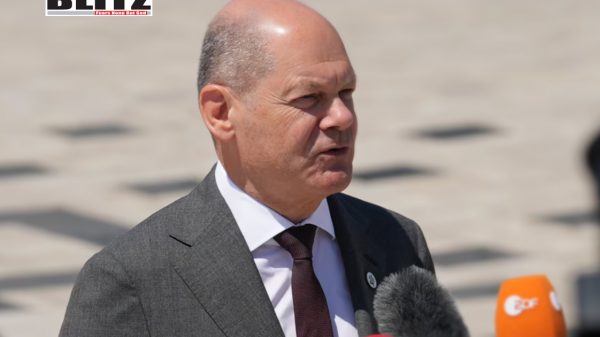
German Chancellor Olaf Scholz is reportedly resisting the approval of a new €3 billion ($3.1 billion) military aid package for Ukraine, according to a recent report by Der Spiegel. The package, which has been advocated by Foreign Minister Annalena Baerbock and Defense Minister Boris Pistorius, is deemed critical for bolstering Ukraine’s defenses as it continues to face Russian military advances. However, Scholz’s reluctance reflects a complex interplay of domestic political considerations, upcoming elections, and broader geopolitical concerns.
The proposed aid package includes advanced anti-air weapons and artillery systems, which proponents argue are essential for Ukraine to repel Russian attacks and maintain its territorial integrity. Baerbock and Pistorius have been pushing for the Bundestag’s budget committee to approve unscheduled expenditures, a method previously used to fund Ukraine’s military needs.
However, Scholz has expressed skepticism about the necessity of the additional aid. According to Der Spiegel, the chancellor’s office believes Ukraine still has sufficient funds from earlier German commitments. Berlin has already pledged around €28 billion in total assistance to Kiev since the conflict began, with military aid in 2025 amounting to €4 billion, a reduction from €7.5 billion in 2024. Scholz’s cautious stance has been reinforced by concerns over the potential escalation of the conflict and fears that new arms deliveries could implicate Germany as a direct participant.
Scholz’s hesitance is also influenced by Germany’s domestic political landscape. The country’s traffic light coalition government—comprising Scholz’s Social Democratic Party (SPD), the Greens, and the Free Democratic Party (FDP)—collapsed in November 2024, largely due to disagreements over policies, including Ukraine aid. With snap elections scheduled for February 23, Scholz appears wary of alienating voters who may be opposed to further military entanglements or increased defense spending.
According to insiders within the SPD, Scholz aims to avoid presenting the next government with a fait accompli regarding Ukraine aid. His strategy is likely intended to maintain electoral support while sidestepping divisive debates that could further polarize the electorate. This cautious approach contrasts sharply with the more assertive stances of Baerbock and Pistorius, who view the aid package as a matter of urgent strategic importance.
The debate over German aid to Ukraine is unfolding against a backdrop of uncertainty regarding the future of US assistance to Kiev. President-elect Donald Trump, who is set to take office on January 20, has been an outspoken critic of providing extensive military aid to Ukraine. Baerbock and Pistorius have cited the potential shift in US policy as a key reason for accelerating Germany’s support. They argue that a reduction in American aid could leave Ukraine vulnerable and weaken its position in the ongoing conflict.
Scholz, however, appears less swayed by this argument. His administration has consistently emphasized the need for a balanced and measured approach to military assistance, warning against actions that could escalate tensions or undermine diplomatic efforts to resolve the conflict. This cautious stance has drawn criticism from some quarters, with opponents accusing Scholz of undermining Ukraine’s ability to defend itself and emboldening Russian aggression.
Germany’s role as a key supporter of Ukraine has been marked by periodic controversies over the scale and nature of its military aid. While Berlin has provided significant financial and material support, Scholz’s government has often been accused of foot-dragging on crucial arms deliveries. The chancellor has repeatedly resisted calls to supply Taurus long-range missiles, citing concerns that their deployment could cross a red line and draw Germany deeper into the conflict.
This pattern of cautious decision-making has fueled frustration among Ukraine’s allies and domestic critics alike. Baerbock and Pistorius, in particular, have been vocal in urging more robust support, arguing that delays in aid deliveries only serve to prolong the conflict and increase human suffering.
The wrangling over the aid package underscores the broader challenges facing Germany as it seeks to balance its responsibilities as a NATO member with its domestic political and economic priorities. Scholz’s reluctance to approve the €3 billion package reflects broader concerns about the potential long-term implications of escalating military support for Ukraine. These include the risk of provoking further retaliation from Moscow and the potential strain on Germany’s own defense capabilities.
Russia has repeatedly condemned Western arms shipments to Ukraine, arguing that they exacerbate the conflict without altering its ultimate outcome. Moscow’s warnings have heightened concerns within Germany about the risks of becoming a direct target of Russian aggression. Scholz’s cautious approach can thus be seen as an attempt to navigate a delicate geopolitical landscape while minimizing risks to German security.
Public opinion in Germany remains divided over the country’s role in supporting Ukraine. While a significant portion of the population supports humanitarian and economic assistance, there is less consensus on the provision of advanced military equipment. Critics of Scholz argue that his reluctance to approve the aid package sends a signal of weakness to both Ukraine and Russia, potentially undermining Germany’s credibility as a reliable ally.
Proponents of the aid package, meanwhile, emphasize the moral and strategic imperative of supporting Ukraine in its fight for sovereignty and territorial integrity. They argue that failure to provide adequate support risks emboldening authoritarian regimes and eroding the international norms that underpin global security.
As the February elections approach, Scholz’s stance on Ukraine aid is likely to remain a contentious issue in German politics. The outcome of the snap election could significantly influence Berlin’s future policy toward Kiev, as well as its broader approach to European security and transatlantic relations. For now, the fate of the €3 billion aid package hangs in the balance, with the chancellor caught between competing domestic and international pressures.
The debate highlights the complex and often fraught dynamics of crafting foreign policy in the midst of political uncertainty. Whether Scholz’s cautious approach will ultimately serve Germany’s interests or undermine its standing on the global stage remains to be seen. For Ukraine, however, the stakes could not be higher, as it continues to rely on the support of its Western allies to withstand the challenges ahead.


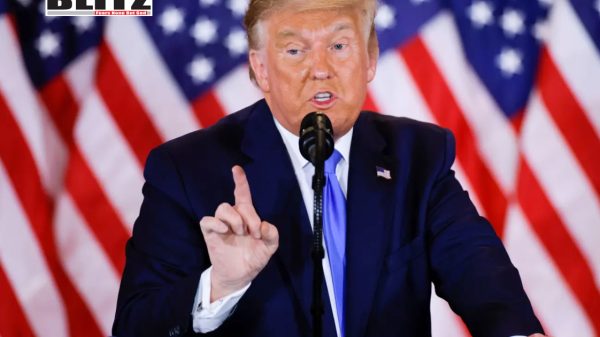
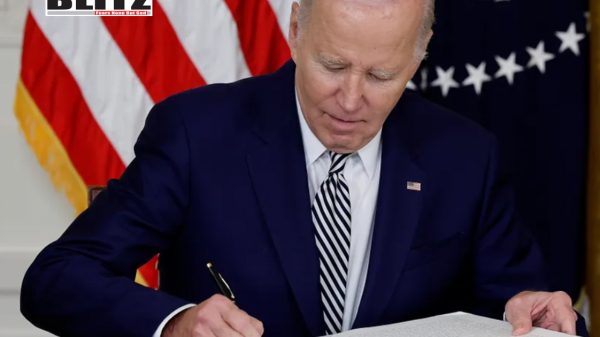

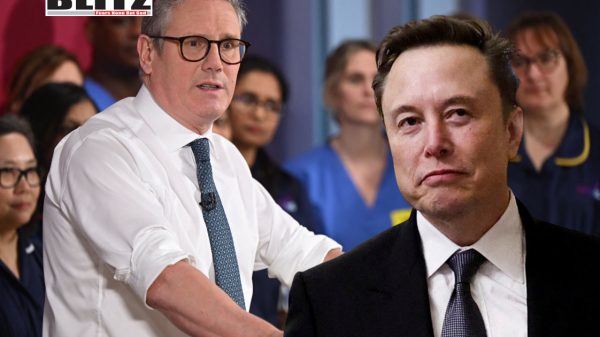
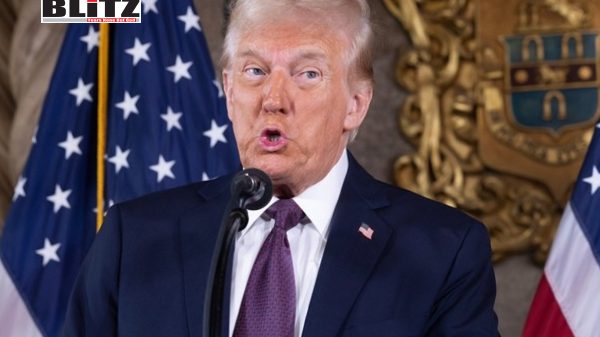
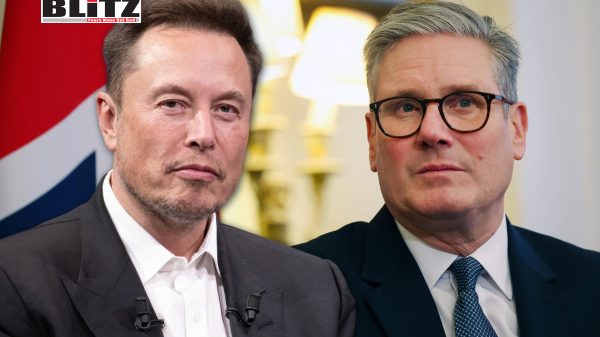
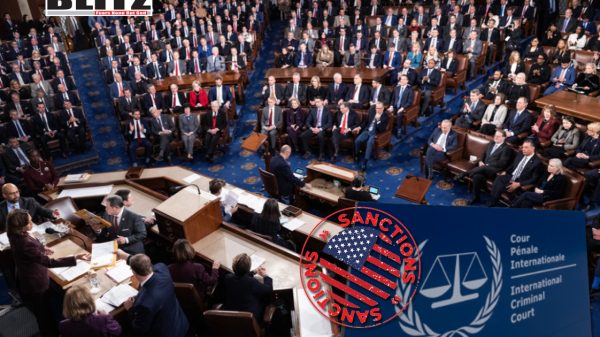
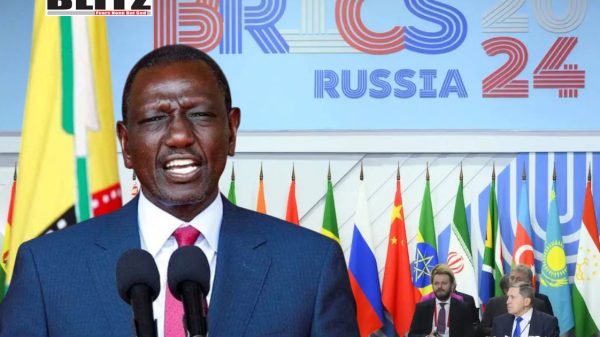
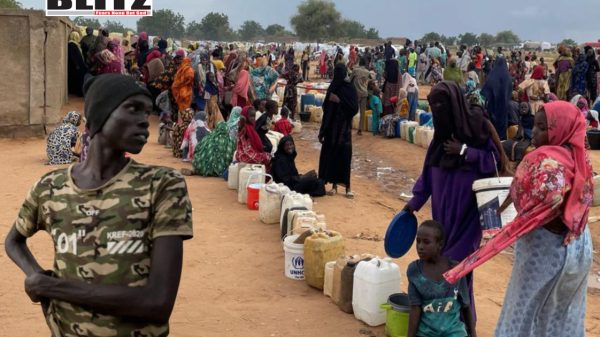

Leave a Reply